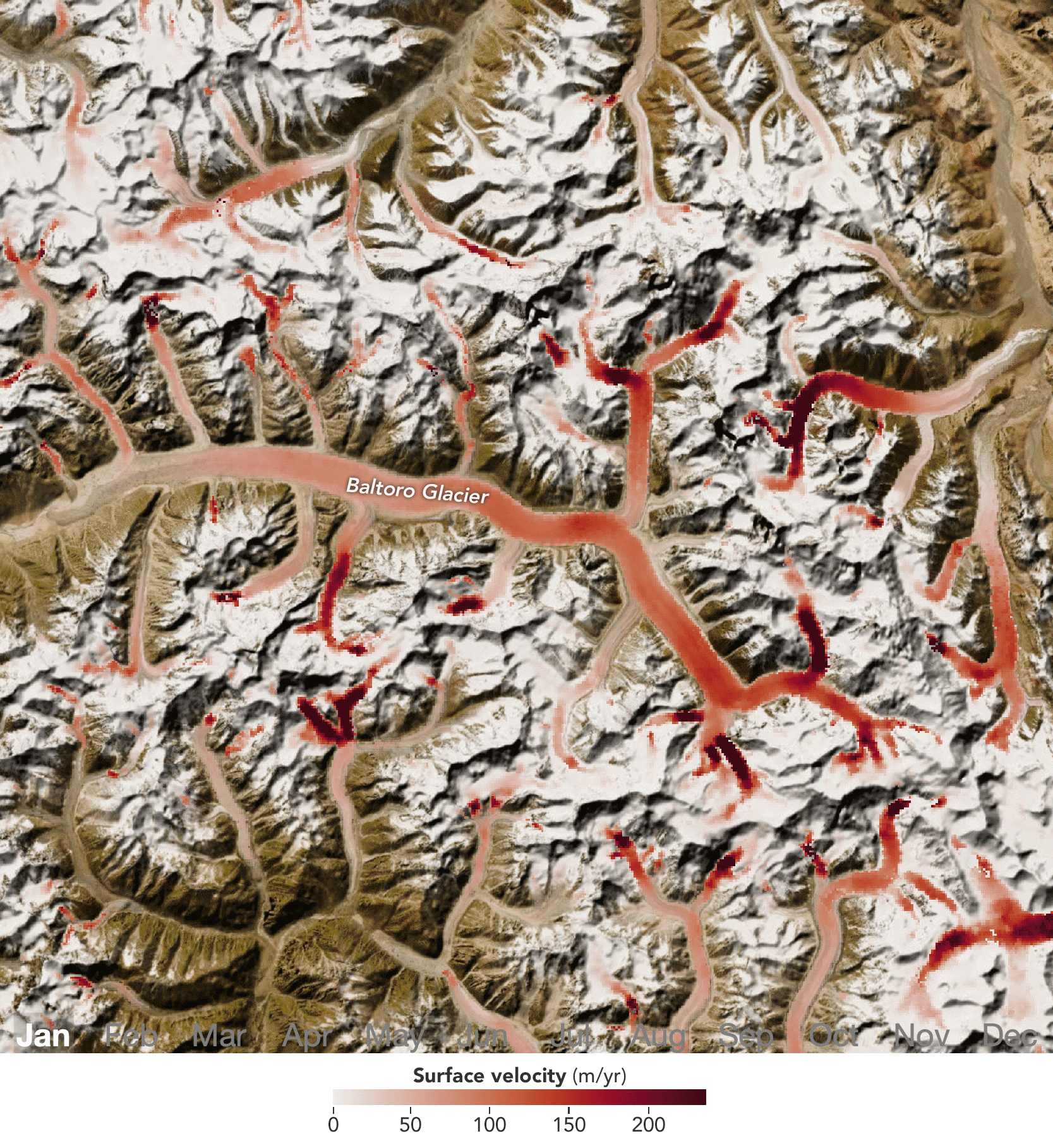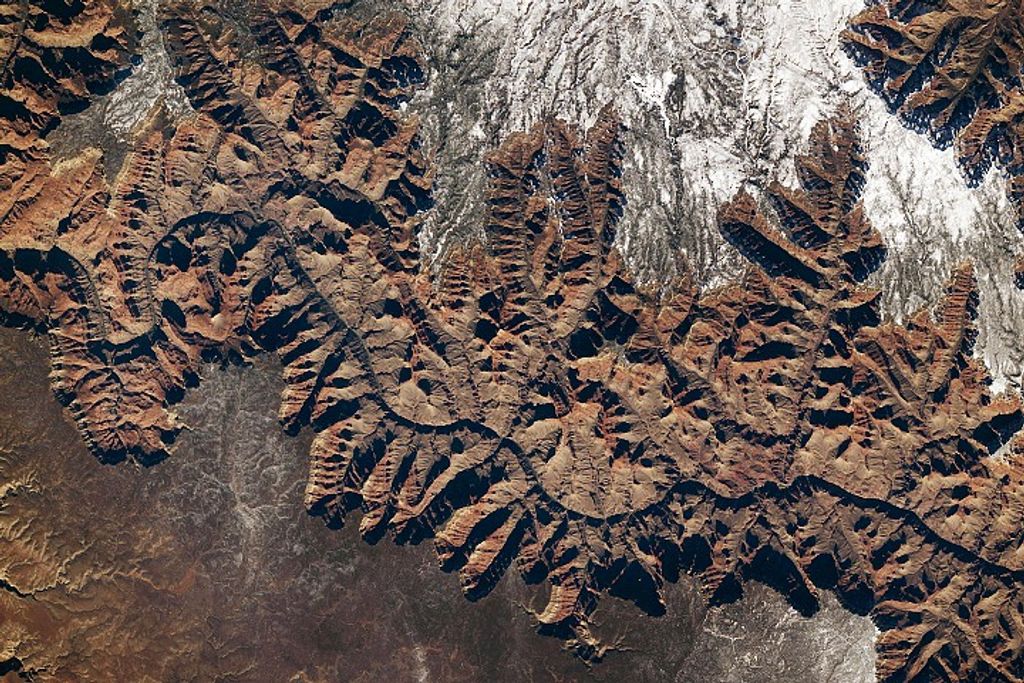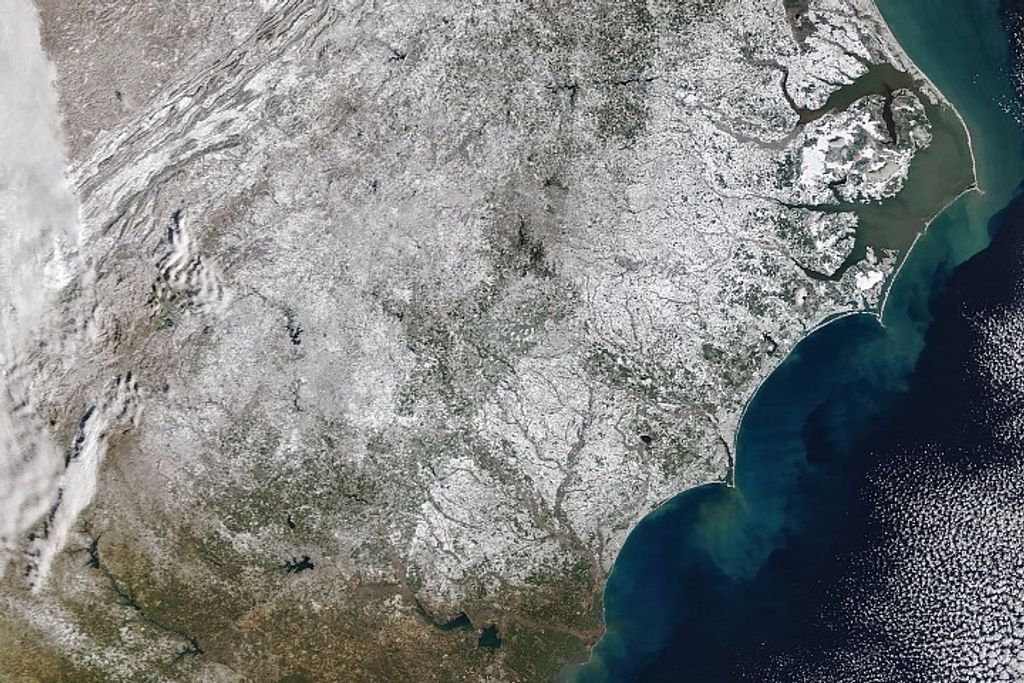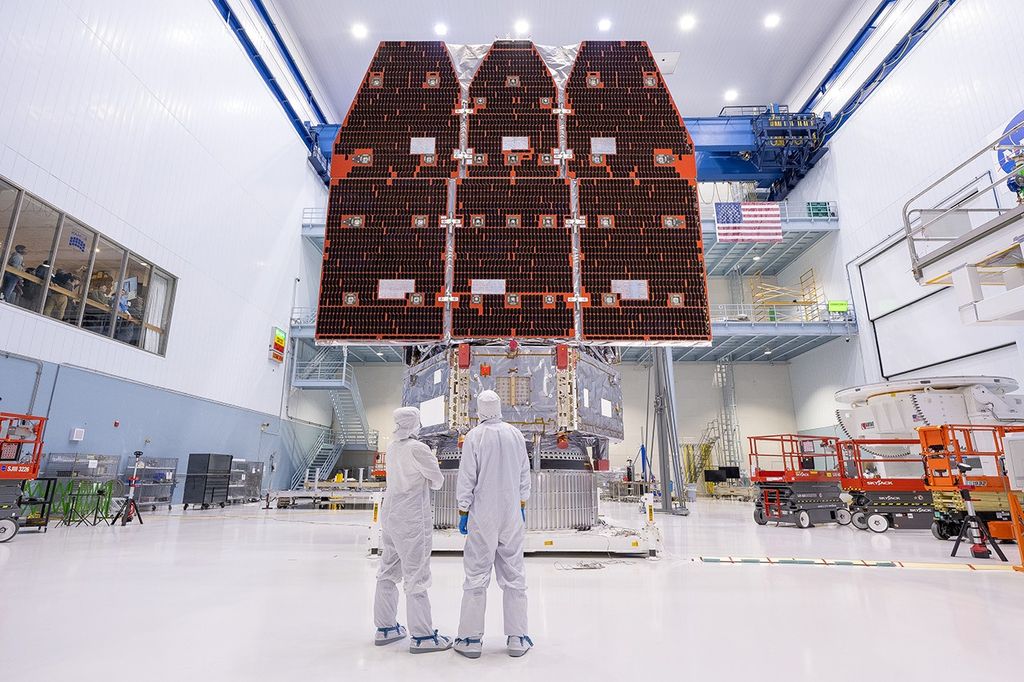
Andres Mora Vargas
Robotics Engineer
Dr. Andres Mora Vargas serves as robotics engineer at NASA Ames Research Center, bringing over fifteen years of expertise in electrical, software, and systems engineering as well as over a decade of operating autonomous systems in extreme environments such as the Astrobee free-flying robots on board of the International Space Station (ISS), developing and integrating new flight instruments for missions going to the Moon and Mars, or the BioSentinel cubesat orbiting the Sun.
During Dr. Mora Vargas as the Astrobee Facility Engineering Lead, he built maps of the ISS to enable the autonomous navigation of Astrobee robots inside its various modules and has developed software tools that evaluate the coverage quality of these maps. He has also worked on Astrobee’s software development, hardware verification and was the point of contact for multiple Astrobee Guest Scientists such as JAXA, ESA, and MIT.
Dr. Mora Vargas works as a software and systems engineer at the Flight Instruments Group (FIG) where he develops solutions to integrate in-house designed-and-built sensors to missions that will provide data to understand key features of the Moon and Mars.
Additionally, Dr. Mora Vargas works as the Neutron Spectrometer System (NSS) Instrument software and systems engineer designing, prototyping, manufacturing, and deploying an interface to allow the NSS instrument to be used on a Lunar prospecting robotic mobility mission.
Dr. Mora Vargas also worked as BioSentinel’s Science Operations Center Software Lead and was in charge of the data acquisition from the four segments of the mission, its storage, manipulation, and distribution to the science team.
He also led the design, development, and deployment of the Gravity Offset System (GOS) to support the experimental evaluation of NASA Jet Propulsion Laboratory’s MARS 2020 Helicopter, Ingenuity. MARS 2020 mission sent a rover together with an Unmanned Aerial Vehicle (UAV) to improve understanding of the area around the rover and the imagery provided by the satellites orbiting the planet. The GOS is a one degree-of-freedom system simulating the gravity conditions of Mars perceived by the helicopter through autonomous control of the tension force on a cable attached atop of the helicopter. Ingenuity became the 1st self-propelled aerial vehicle to operate in Mars.
Dr. Mora Vargas received his Ph.D in Aerospace Engineering at Tohoku University in Sendai, Japan. Dr. Mora Vargas has worked in elite research centers such as Japan’s Advanced Telecommunications Research Institute International, NASA’s Johnson Space Center, Jet Propulsion Laboratory, and Ames Research Center. He holds a US patent, authored and co-authored book chapters, peer-reviewed journal and conference papers, has served as reviewer for several publications and is an IEEE Senior Member. He co-organized the 1st and 2nd Central American Space Congress (https://CECspace.org/) and was selected as a Karman Pioneer 2024 (https://www.karmanproject.org/).
Dr. Mora Vargas is fluent in Spanish, English, and Japanese. He enjoys travel, movies, photography, scuba diving, soccer, and playing the saxophone.
Education
Ph.D. Aerospace Engineering, Tohoku University, Japan, 2009
M. S. Aerospace Engineering, Tohoku University, Japan, 2006
B. S. Electrical Engineering, UICR, Costa Rica, 2001
Research Interests
Mapping and Navigation
Human-Robot Interaction
Instrumentation, in-situ data collection
Select Publications
Kang, S, Soussan, R., Kim, P., Lee, D., Coltin, B., Mora Vargas, A., Moreira,. M, Hamilton, K., Garcia, R., Bualat, M., Smith, T., Barlow, J., Benavides, J., Jeong, E.,: “Astrobee ISS Free-Flyer Datasets for Space Intra-Vehicular Robot Navigation Research”, Robotics and Information Letters, IEEE 2023.
Mora, A., Benavides, J., Barlow, J., Orosco, H., Doi, S., Garcia, R., Carlino, R. Cortez, J., Katterhagen, A., Kanis, S., Coltin, B., Soussan, R., Hamilton, K.: “Astrobee’s Multi-Year Activities At The International Space Station’s Japanese Experimental Module”, IAC-22,B3,6-A5.3,2,x70755, 73rd International Astronautical Congress, Paris, France, September, 2022.
Mora, A.: “Biosentinel: NASA’s First Deep Space Biological Mission”, IAC-22,A1,8,x70761, 73rd International Astronautical Congress, Paris, France, September, 2022.
Mora, A., Ho C., Saripalli S.: “Analysis of Adaptive Sampling Techniques for Underwater Vehicles”, Autonomous Robots, vol. 35, no. 2-3, pp. 111-122, October, 2013. DOI 10.1007/s10514-013-9337-0.
Mora A., Glas F. D., Kanda T., Hagita N.: “A Teleoperation Approach for Mobile Social Robots Incorporating Automatic Gaze Control and 3D Spatial Visualization”; IEEE Trans. on Systems, Man, and Cybernetics. Part A: Systems and Humans, vol.43, no.3, pp.630-642, May 2013.
Mora, A., Nagatani K. and Yoshida, K: “Path Planning for Space Exploration Mobile Robots”, in Mobile Robots Navigation, In-Tech, March, 2010. ISBN 978-953-307-076-6.
Awards
2025 NASA Group Achievement Award presented to the NAIMS Development and Test Team, recognizing the successful development and transition of the NAIMS measurement payload to the AFRC N808NA Gulfstream III between 2018 and 2023, culminating in highly successful research flights in February 2024.
BioSentinel Mission, NASA Ames Director’s Management Reserve Award 2022 for the accomplishments of completing the ISS mission, preparations for Artemis-I launch, and gathering its first science data.
“Astrobee Robot and Ground Software”, NASA Software of the Year Runner-Up Award presented by NASA, 2020.
Certificate of Excellence presented by NASA Ames Research Center’s Contractor Council, November 1st, 2018.
Costa Rican Scientist expat talent of the month (May, 2016) presented by the Costa Rican National Academy of Sciences.



























